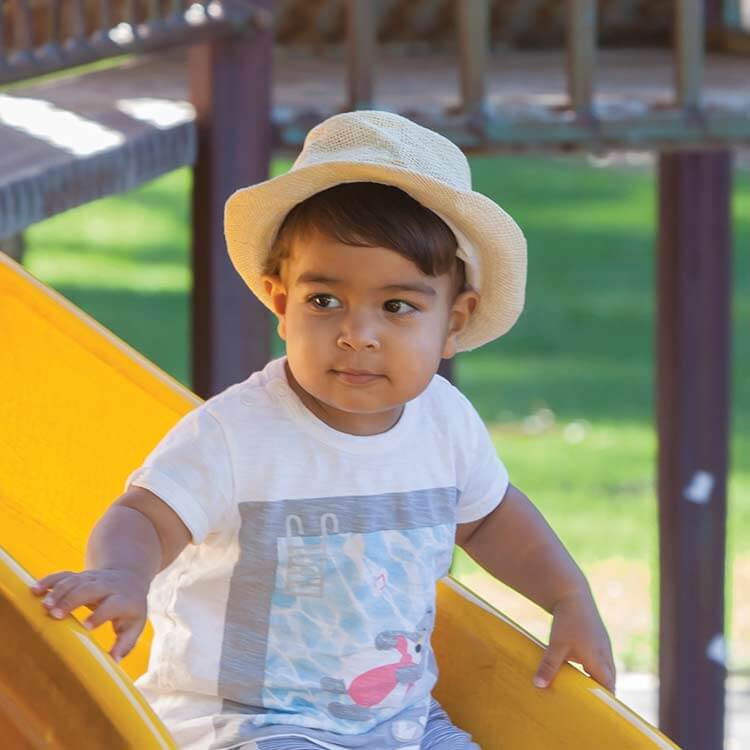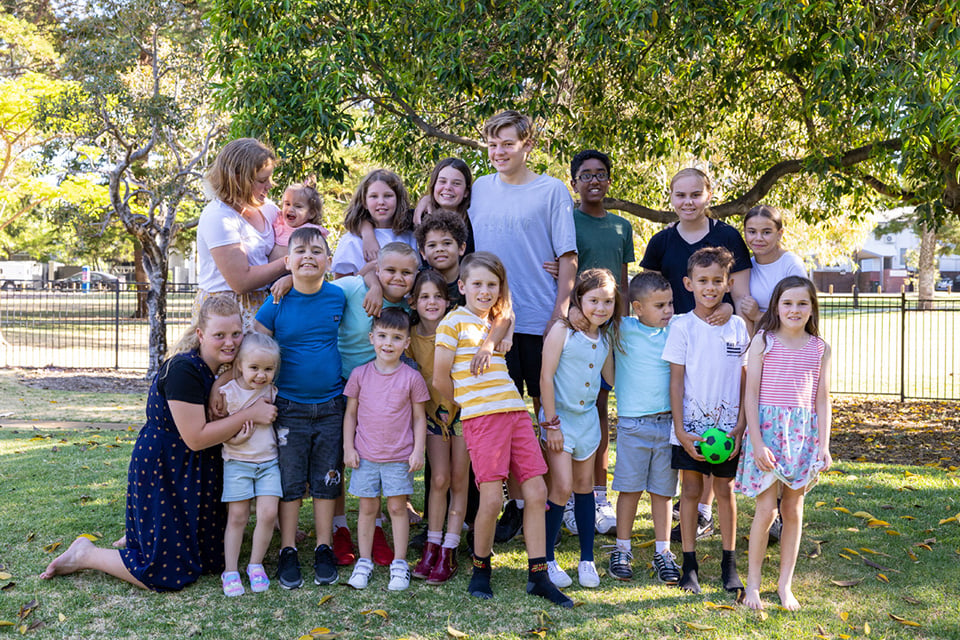Search
Research
The influence of the early childhood education and care environment on young children’s physical activityThe PLAYCE Study instruments provide reliable measures of early childhood education and care physical activity environments
Research
The impact on service collaboration of co-location of early childhood services in tasmanian child and family centres: An ethnographic studyThere is a global trend towards place-based initiatives (PBIs) to break the cycle of disadvantage and promote positive child development. Co-location is a common element of these initiatives and is intended to deliver more coordinated services for families of young children. This paper examines how co-locating early childhood services (ECS) from health and education in Child and Family Centres (CFCs) has impacted collaboration between services.
Research
BAL Inflammatory Markers Can Predict Pulmonary Exacerbations in Children With Cystic FibrosisPulmonary exacerbations in cystic fibrosis are characterized by airway inflammation and may cause irreversible lung damage. Early identification of such exacerbations may facilitate early initiation of treatment, thereby potentially reducing long-term morbidity. Research question: Is it possible to predict pulmonary exacerbations in children with cystic fibrosis, using inflammatory markers obtained from BAL fluid?
Research
Characterizing newborn and older infant entries into care in England between 2006 and 2014The risk of entry to state care during infancy is increasing, both here in England and abroad, with most entering within a week of birth ('newborns'). However, little is known about these infants or of their pathways through care over early childhood.
Research
SMART Work Design: Accelerating the Diagnosis of Rare Diseases in the Western Australian Undiagnosed Diseases ProgramThe accurate and efficient diagnosis of rare diseases, many of which include congenital anomalies, depends largely on the specialists who diagnose them - including their ability to work alongside specialists from other fields and to take full advantage of cutting-edge precision medicine technologies and precision public health approaches.

The Early Years Systems Evidence (EYSE) team specialises in working in partnership with governments and service providers, with a distinct focus on improving the life chances of children in Australia.
Research
The Wellbeing and Engagement Collection (WEC): Promoting the importance of students’ wellbeing and mental health in schoolso help raise the profile of student wellbeing in the education system in Australia, The Kids Research Institute Australia and SA Department for Education through the Fraser Mustard Centre, set out to adapt and trial a population-level student wellbeing measure that could be used across the entire public and p
Research
Participation in the Wellbeing and Engagement collection in South Australian schoolsIn South Australian schools, students in Grade 4 to 12 are invited to participate in an annual survey about their wellbeing and engagement in school, referred to as the Wellbeing and Engagement Collection.
Research
Wellbeing and Engagement Collection (WEC) in the South Australian school systemThe aim of the WEC is to help teachers, school leaders and policy makers better understand and support the wellbeing and engagement of their students.

The Human Development and Community Wellbeing (HDCW) Team focuses on improving outcomes for children, family, and the community.
